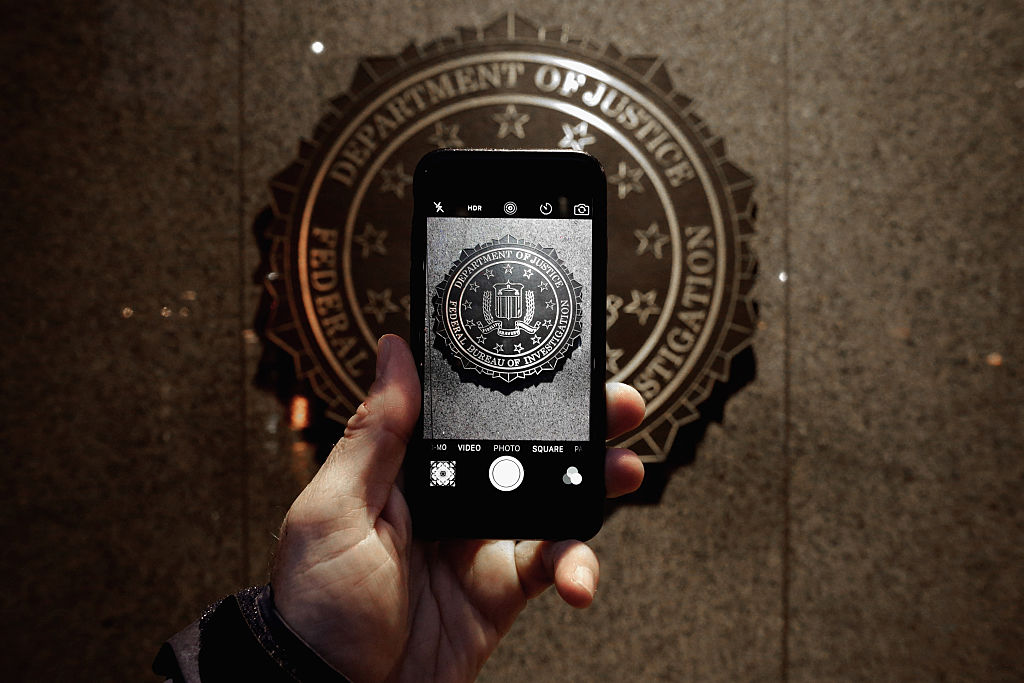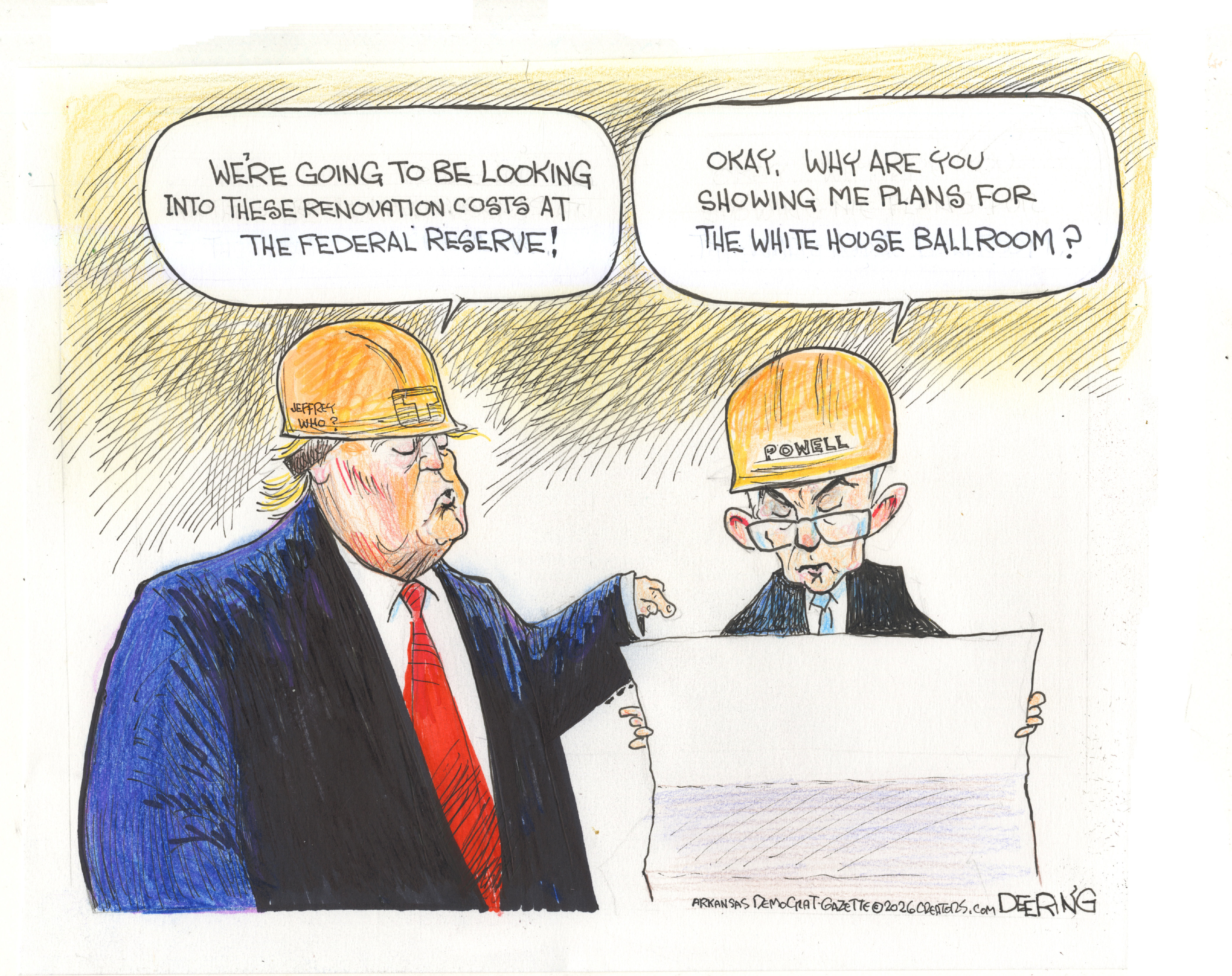FISA court chided the FBI for sharing NSA data on Americans with outside contractors


On May 11, the Director of National Intelligence's office declassified some rulings by a Foreign Intelligence Surveillance Act (FISA) court, explaining why the National Security Agency had limited its surveillance of emails and text messages from American citizens. Most of the ruling concerned the NSA's apparently since-corrected use of Section 702 of the 2008 FISA Amendments Act, but, as Circa notes, 83 pages into the 98-page ruling, the FISA court reserved some criticism for the FBI, too.
The FBI has access to certain FISA data from the NSA, but it's required to follow privacy "minimization procedures" and it can't share the FISA data with anyone outside the government, among other restrictions. But on at least two occasions, the FBI shared raw FISA data with private contractors (whose names and functions are redacted), apparently for analytical purposes, and the court notes that the government acknowledged in October that it's "investigating whether there have been similar cases in which the FBI improperly afforded non-FBI personnel access to raw FISA-acquired information on FBI systems."
The contractors were trained on FBI minimization procedures and "stored the information only on FBI systems, and did not disseminate it further," the court said, and though the FBI has correct its identified violations involving contractors, "the court is "nonetheless concerned about the FBI's apparent disregard of minimization rules and whether the FBI is engaging in similar disclosures of raw Section 702 information that have not been reported."
The Week
Escape your echo chamber. Get the facts behind the news, plus analysis from multiple perspectives.

Sign up for The Week's Free Newsletters
From our morning news briefing to a weekly Good News Newsletter, get the best of The Week delivered directly to your inbox.
From our morning news briefing to a weekly Good News Newsletter, get the best of The Week delivered directly to your inbox.
In a statement to Circa, the FBI said that "as indicated in its opinion, the court determined that the past and current standard minimization procedures are consistent with the Fourth Amendment and met the statutory definition of those procedures under Section 702." Congress has to renew the FISA Amendments Act this year, or it expires, and lawmakers are trying to figure out where to draw the line between privacy rights and legitimate counterterrorism and law enforcement.
A free daily email with the biggest news stories of the day – and the best features from TheWeek.com
Peter has worked as a news and culture writer and editor at The Week since the site's launch in 2008. He covers politics, world affairs, religion and cultural currents. His journalism career began as a copy editor at a financial newswire and has included editorial positions at The New York Times Magazine, Facts on File, and Oregon State University.
-
 Political cartoons for January 17
Political cartoons for January 17Cartoons Saturday’s political cartoons include hard hats, compliance, and more
-
 Ultimate pasta alla Norma
Ultimate pasta alla NormaThe Week Recommends White miso and eggplant enrich the flavour of this classic pasta dish
-
 Death in Minneapolis: a shooting dividing the US
Death in Minneapolis: a shooting dividing the USIn the Spotlight Federal response to Renee Good’s shooting suggest priority is ‘vilifying Trump’s perceived enemies rather than informing the public’
-
 British warship repels 'largest Houthi attack to date' in the Red Sea
British warship repels 'largest Houthi attack to date' in the Red SeaSpeed read Western allies warn of military response to Iranian-backed Yemeni rebels if attacks on ships continue
-
 Houthi rebels claim Red Sea ship attacks
Houthi rebels claim Red Sea ship attacksspeed read Iran-backed Yemeni group vows to escalate aggression towards Israel-linked vessels in revenge for Gaza war
-
 Israel plans next phase of Gaza war as first hostages released
Israel plans next phase of Gaza war as first hostages releasedSpeed read After four-day ceasefire 'we will not stop' until destruction of Hamas, says Israel
-
 Mob storms Russian airport 'looking for Jews'
Mob storms Russian airport 'looking for Jews'Speed Read Plane from Israel surrounded by rioters chanting antisemitic slogans after landing in Russia's Dagestan region
-
 Tuberville's military promotions block is upending lives, combat readiness, 3 military branch chiefs say
Tuberville's military promotions block is upending lives, combat readiness, 3 military branch chiefs saySpeed Read
-
 Ukraine's counteroffensive is making incremental gains. Does it matter in the broader war?
Ukraine's counteroffensive is making incremental gains. Does it matter in the broader war?Speed Read
-
 US commissions first-ever Navy ship in a foreign port
US commissions first-ever Navy ship in a foreign portSpeed Read
-
 British spy chief, Wagner video suggest Prigozhin is alive and freely 'floating around'
British spy chief, Wagner video suggest Prigozhin is alive and freely 'floating around'Speed Read
